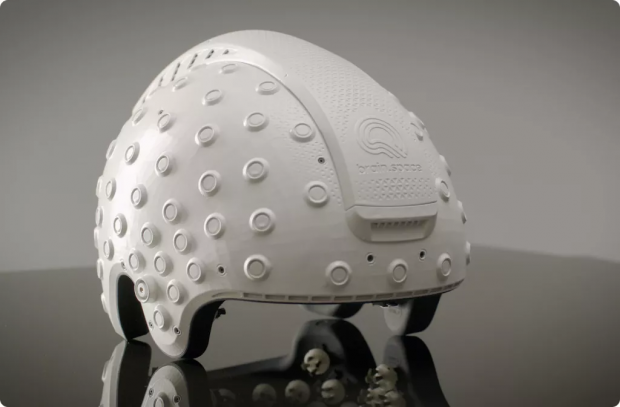
Breaking News
 Powerful Pro-life Ad Set to Air During Super Bowl 'Adoption is an Option' (Video)
Powerful Pro-life Ad Set to Air During Super Bowl 'Adoption is an Option' (Video)
 Even in Winter, the Sun Still Shines in These Citrus Recipes
Even in Winter, the Sun Still Shines in These Citrus Recipes
 Dates: The Ancient Fertility Remedy Modern Medicine Ignores Amid Record Low Birth Rates
Dates: The Ancient Fertility Remedy Modern Medicine Ignores Amid Record Low Birth Rates
 Amazon's $200 Billion Spending Shock Reveals Big Tech's Centralization Crisis
Amazon's $200 Billion Spending Shock Reveals Big Tech's Centralization Crisis
Top Tech News
 SpaceX Authorized to Increase High Speed Internet Download Speeds 5X Through 2026
SpaceX Authorized to Increase High Speed Internet Download Speeds 5X Through 2026
 Space AI is the Key to the Technological Singularity
Space AI is the Key to the Technological Singularity
 Velocitor X-1 eVTOL could be beating the traffic in just a year
Velocitor X-1 eVTOL could be beating the traffic in just a year
 Starlink smasher? China claims world's best high-powered microwave weapon
Starlink smasher? China claims world's best high-powered microwave weapon
 Wood scraps turn 'useless' desert sand into concrete
Wood scraps turn 'useless' desert sand into concrete
 Let's Do a Detailed Review of Zorin -- Is This Good for Ex-Windows Users?
Let's Do a Detailed Review of Zorin -- Is This Good for Ex-Windows Users?
 The World's First Sodium-Ion Battery EV Is A Winter Range Monster
The World's First Sodium-Ion Battery EV Is A Winter Range Monster
 China's CATL 5C Battery Breakthrough will Make Most Combustion Engine Vehicles OBSOLETE
China's CATL 5C Battery Breakthrough will Make Most Combustion Engine Vehicles OBSOLETE
 Study Shows Vaporizing E-Waste Makes it Easy to Recover Precious Metals at 13-Times Lower Costs
Study Shows Vaporizing E-Waste Makes it Easy to Recover Precious Metals at 13-Times Lower Costs
This Israeli startup's sci-fi 'headset' will map brain changes in space on private Ax-1

If all goes to plan, the brain experiment, which comes from Israel-based startup Brain.Space, will launch aboard a SpaceX Crew Dragon vehicle on April 6 along with the four private astronauts the Ax-1 mission. The crew, whose flight was booked by Axiom Space, will embark on a 10-day excursion which will include eight days of living and working aboard the International Space Station.
The headset and associated hardware will be tested aboard the ISS, Brain.Space said on their website. The experiment will also return to Earth with the Ax-1 crew.
The company says that their examination of the brain will be unique, as, according to them, to-date, "there is currently no high-quality longitudinal data regarding the neural changes in prolonged space missions," their website states.
By obtaining and studying this information, the company aims to gain more insight into how the brain adapts in space, which is an environment full of challenges like radiation, microgravity and isolation. Learning about the "day-to-day plastic changes" of the brain, the company states on its website. The company terms that these adaptations, could help future spaceflyers get more comfortable in orbit.

 Smart dust technology...
Smart dust technology...

